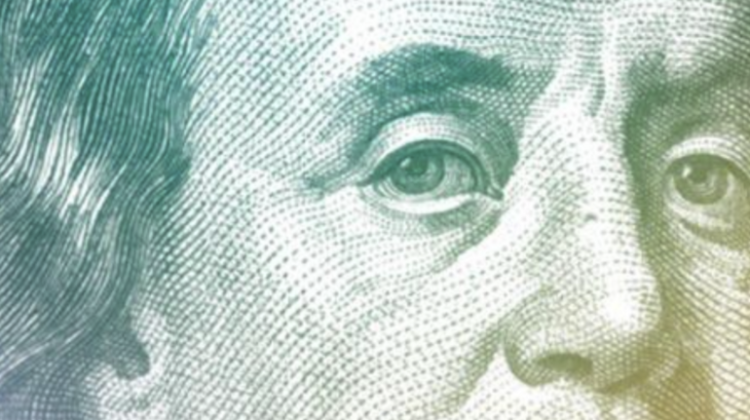
Many project that the hospitality industry is being hit the hardest by the pandemic and that a full recovery won’t happen until 2026. Although that may be a tough pill to swallow, there are some trends in the industry that might make that recovery a little easier.
Billionaires like Mark Cuban are investing in startups dedicated to local businesses — driving home the importance of actually having a local presence. Visibility in your local market ensures more eyes on your bookings page and more revenue flowing through your system than with the 3rd party sites like the Tripadvisors and the Booking.coms of the world.
I would encourage hospitality marketing teams, whether one or a hundred people strong, to take some serious time to evaluate their systems, take inventory of their pain points, and explore alternative options to enhance or even replace where they can.
Cross-channel, always-on marketing is an easy way (with the right tools) to get your business in front of the customers you want to attract most — and the best way to ensure your budget, however limited or not it may be, goes towards the actions driving those customers to your website, booking a room and then walking through your doors. However, many companies are only doing a limited approach to digital marketing and there is a lot to explore — it’s got to be more than just Social. A presence there is complimentary but shouldn’t be relied upon as the only channel to drive leads as it has become the dating app of the digital marketing world; i.e., people just scroll through it aimlessly.
If you aren’t doing it already, take time to learn from your competitors. Usually the 2nd or 3rd largest competitor in your space is taking the most risks. Dig into their booking platform, their social presence, and after you’ve spent time on their website — take notice of the ads you see following you around the web. Get a feeling for what’s working for them but know it may not fit your system. We’ve seen the largest brands in the hospitality industry adopt or create platforms for marketing deployment but they haven’t been widely available, especially for the second/third tier or boutique hotels — until now.
The terms autonomy and optimization have become commonplace. Most marketers have tuned the words out altogether. However, the platforms that automate the optimization process through advances in technology like AI and machine learning will remain on the cutting edge. They will enable companies big and small to drive future growth at a fraction of the cost that a traditional agency might charge.
Lastly, the old adage — ‘Spend money to make money’ — doesn’t have to cost a lot of money.
At this strange time, “we don’t have the budgets to explore alternatives or new platforms’’ has become a commonly heard stance. Advances in technology mean more efficient, user friendly UIs, but not necessarily more money. There are cheaper alternatives out there.
For example, Eulerity, a progressive global digital marketing SaaS platform, has become more cost effective (saving 70%+ of corporate marketing budgets) by shuffling and distributing one budget across channels in real time. The use of machine learning allows the platform to make smart, data-driven decisions for you — freeing up time and resources, spending your marketing budgets more wisely and spitting out the data in digestible formats. The platform also allows for new ad creative to be spun up by the corporate entity or at the local level in mere minutes and pushed instantly to any location over the cloud.
The way guests experience your space will evolve as travel restrictions loosen. As you begin to tailor a more personal experience for your guests, the speed at which you deliver messaging becomes evermore imperative.
As the hardest hit industry — adopting new technologies should be in your very near future — freeing up your team, resources and budget to focus on the things that matter most — keeping your people working and your business in business.
